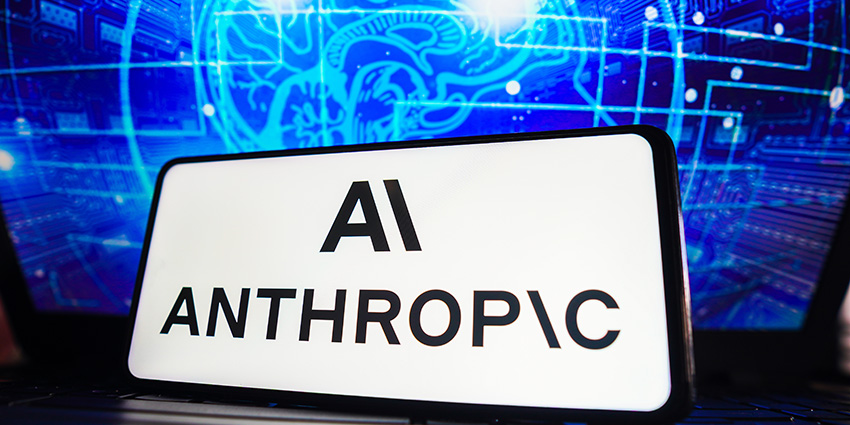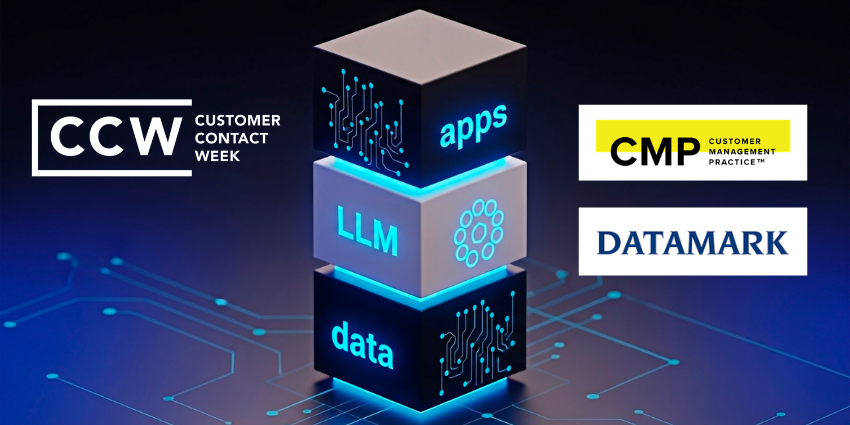AI startup Anthropic is targeting enterprise growth, planning to increase its customer support staff fivefold this year and releasing a new version of its Claude Sonnet large language model (LLM) that targets employee productivity.
The company holds the largest market share in enterprise AI, having grown from less than 1,000 business customers two years ago to over 300,000 globally, as demand for its Claude models has accelerated across industries.
To support those clients, Anthropic is tripling its international workforce and expanding its Applied AI team, which sends staff into companies to help them build new tools and workflows on top of its AI models.
The company’s expansion in the Europe, Middle East, and Africa (EMEA) region includes adding more than 100 new roles in its Dublin and London offices and its research-focused Zurich office. It also plans to announce new European office locations in the coming months and plans to open its first Asia office in Tokyo in the coming year.
“The global demand for Claude is extraordinary—from financial services in London to manufacturing in Tokyo, enterprises are trusting Claude to power their mission-critical operations,” said Chris Ciauri, who has joined the company as Managing Director of International to lead the expansion.
This is a key moment for Anthropic to expand the infrastructure and partnerships needed to serve this growing international customer base.
Enterprises are tapping into the company’s AI models to streamline and enhance customer interactions.
For instance, it reports that SK Telecom in South Korea improved customer service quality by 34%, while the Commonwealth Bank of Australia reduced customer scam losses by 50%.
Over in the US, United Airlines used Claude to improve its ability to deliver more personalized customer messages and speed up response times.
Scaling Enterprise AI Adoption at the Risk of Human Jobs
Anthropic has rolled out a new version of its LLM, Claude Sonnet 4.5, this week, along with a set of upgrades to its products. It has released the tools that it uses to develop its products as the Claude Agent SDK, which companies can use to build their own AI agents.
Claude is known for its powerful software coding assistant that makes it popular among developers, but Anthropic is also targeting users throughout the enterprise.
“One of the things that Sonnet 4.5 can do, along with writing code, is create professional-looking Word, Excel and PowerPoint documents… that capability means that we are starting to see adoption in the enterprise as well,” Mike Krieger, Chief Product Officer at the company, told Bloomberg TV in an interview.
Krieger also addressed the growing debate around whether enterprises are seeing tangible productivity gains from their AI systems. A much-cited—and criticized—report from MIT claims that despite $30-40BN in enterprise investment into generative AI (GenAI), 95% of organizations are getting zero return.
“If AI gets brought into the workplace without the right either tools around it or enablement, what you end up with is disillusionment a couple of months later around ‘folks are not adopting it’ or ‘it helped me a little bit but not enough’,” Krieger said.
“We have a lot of emphasis on [making] sure the work is actually good.”
Kreiger acknowledged that LLMs are churning out large amounts of “work that is not very good”, less generously known as “AI slop”:
We are trying to produce the anti-slop—work that maybe gets you 80% of the way there, but it’s 80% that then lets you complete the work in a way that you’re proud of, rather than ‘it did something but now I feel like I have to start over because it didn’t really help.’ That’s the key piece for enterprise adoption.
Krieger also addressed the concern that AI might soon start to replace a broad swath of human jobs.
Several AI leaders have boldly predicted that AI will take over most work in the next few years. OpenAI CEO Sam Altman has said that he thinks “entire classes of jobs”, starting with customer support, will be replaced by algorithms.
“We think a lot about what the comparative advantages are of people as it relates to AI. There’s still a lot of relationship building and trust, critical analysis, and strategy that comes on the human side of things,” Kreiger said.
However, he did ultimately indicate that he believes that human roles will be affected:
We try to design tools that, as much as possible, play up those parts of that human-AI interaction, knowing that there will be labor shifts that are almost inevitable.
As AI tools like Claude become more deeply embedded in how enterprises deliver customer experiences, the potential benefits, such as faster service, increased productivity and lower costs, are clear.
But the real test will be whether companies can use AI to enhance rather than replace the human touch that still defines good customer experience.







